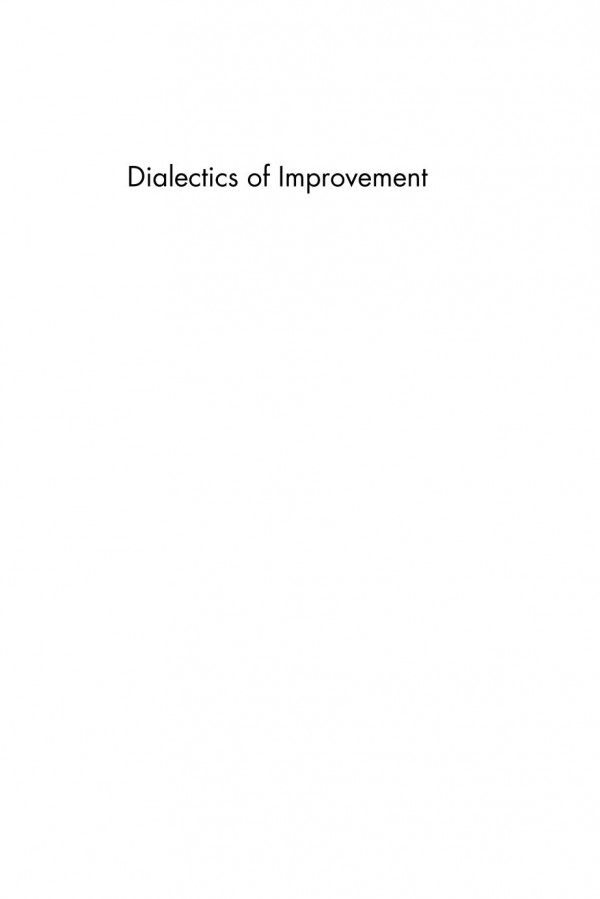

Most ebook files are in PDF format, so you can easily read them using various software such as Foxit Reader or directly on the Google Chrome browser.
Some ebook files are released by publishers in other formats such as .awz, .mobi, .epub, .fb2, etc. You may need to install specific software to read these formats on mobile/PC, such as Calibre.
Please read the tutorial at this link: https://ebookbell.com/faq
We offer FREE conversion to the popular formats you request; however, this may take some time. Therefore, right after payment, please email us, and we will try to provide the service as quickly as possible.
For some exceptional file formats or broken links (if any), please refrain from opening any disputes. Instead, email us first, and we will try to assist within a maximum of 6 hours.
EbookBell Team

4.0
56 reviewsThis book develops new insight into the idea of progress as improvement as the basis for an approach to literary Romanticism in the Scottish context. With chapter case studies covering poetry, short fiction, drama and the novel, it examines a range of key writers: Robert Burns, James Hogg, Walter Scott, Joanna Baillie and John Galt. Improvement, as the book explores, provided a dominant theme for literary texts in this period, just as it saturated the wider culture. It was also of real consequence to questions about what literature is and what it can do: a medium of secular belonging, a vehicle of indefinite exchange, an educational tool or a theoretical guide to history.